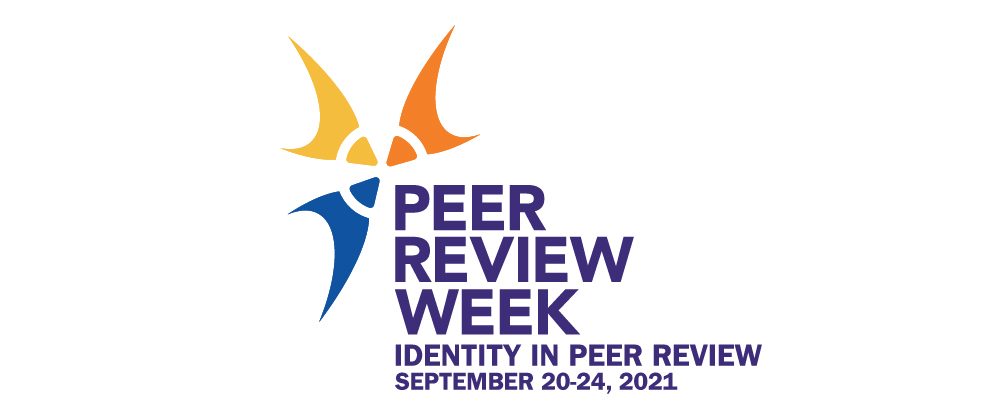Earlier this week, we discussed the relevance of identity to the peer review process and encouraged reviewers to consider how their identities and lived experiences might enrich, limit, or skew their review of a manuscript. Reviewers who belong to the communities being researched may bring a valuable perspective that another scholar, regardless of their credentials or pedigree, may miss or overlook.
But the burden of evaluating one’s positionality in relation to a manuscript cannot be laid solely on the reviewer or editor. As a publisher, we have an obligation to study our authors and editorial boards and to create pathways for members of underrepresented and historically excluded groups to publish and serve in editorial leadership positions. We need to proactively nudge editors into diversifying their reviewer pools; set up mentorship programs for early-career authors, reviewers, and editors; and improve the transparency of our editor-in-chief (EIC) search process.
But Where Do We Begin?
Peer Review Week 2021 is all about Identity in Peer Review. There are many kinds of peer review and levels of identity transparency practiced in scholarly publishing—from open peer review, in which reviewer comments are published alongside articles, to double (or even triple) anonymized review. The ASHA Journals Program practices single anonymized review, in which the reviewer is masked to the author, the author is visible to the reviewer, and both the author and reviewer are visible to the decision-making editor. The inherent secrecy of masked peer review is intended to combat bias and encourage an honest and forthright review experience, but it can also conceal systemic inequities. Gathering data is the first step in disentangling those hidden dynamics.
“We Treasure What We Measure”
The first step in increasing the diversity of our publishing program is to establish a baseline for the level of diversity that currently exists amongst our authors, reviewers, and editors. Without developing an understanding of the present state of affairs, it’s impossible to define or measure progress. We need data to guide our diversity, equity, and inclusion (DEI) goals.
The ASHA Journals Program does not currently collect race and ethnicity, gender, or disability data from our stakeholders, but a recent update to Editorial Manager (our online peer-review management platform) has made it possible to collect detailed demographic data from all users. (See “Additional People Details Field Enhancement.”)
We’re pleased to announce that we’ll be working with ASHA’s Office of Multicultural Affairs in the coming months to set up an optional demographic survey for authors, reviewers, and editors in the ASHA Journals Program—a survey that is integrated into their Editorial Manager accounts. Participation will be optional, and individual responses will NEVER be accessible to any reviewers, editors, or the EIC. ASHA Journals staff will prepare de-identified reports to evaluate the diversity of our various user groups.
The ASHA Journals Program has the utmost respect for the privacy of our authors, reviewers, and editors. Please see ASHA’s Privacy Statement and Aries Systems’ Privacy Policy for more information on how your data is handled in Editorial Manager.
A Necessary First Step
We’re excited to join our fellow scholarly publishers in collecting this kind of information. In the wake of the racial reckoning that swept the globe in the summer of 2020, many publishers have implemented or committed to collecting demographic data to better document the inequities that exist in the scholarly communications industry. Because no two publishers are alike, it’s crucial that we each do the work to identify the shortcomings within our own fields and create custom-designed solutions for our communities.
As we implement this new demographic data-collection mechanism, we’re hopeful that a picture of the communication sciences and disorders (CSD) research community will emerge over the coming months that will help us create specific, targeted goals to uplift and empower scholars from marginalized backgrounds. We will hold ourselves accountable by tracking this data over time and sharing our goals and progress here.









